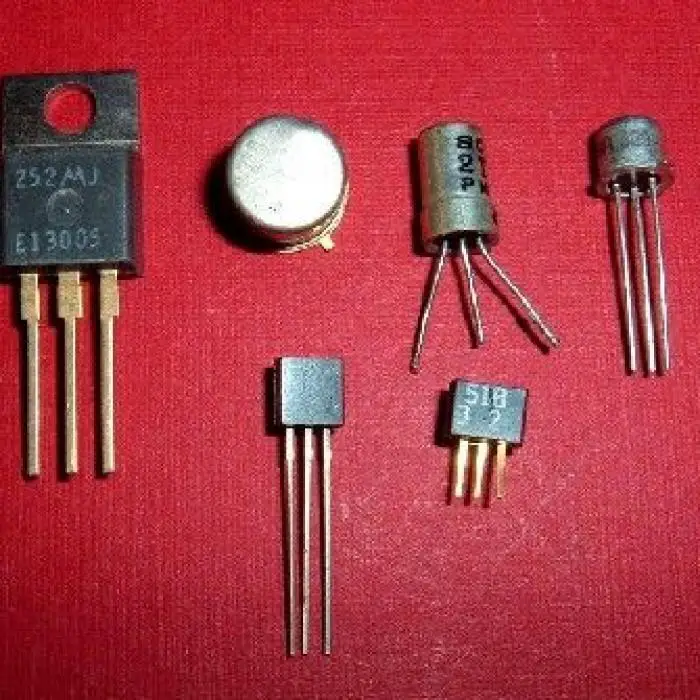
There was no need for a shoulder bag or a Wi-Fi connection in a hotel room. By modern standards, tube-based computers were slow and enormously bulky. In fact, the term bug was coined when moths or other insects would light on the tubes and blow them out, according to Mike Feibus, an analyst at TechKnowledge Strategies Inc. It wasn't a very efficient technology, and required a lot of tubes and bulbs and heat to do basic mathematically calculations. The tube would be turned off for a zero, and on for a one. It's probably doubled from what it would have been without transistors."īefore transistors, vacuum tubes were turned on or off to represent zeros and ones. Four years later, parent company Western Electric announced it. Shockley, Bardeen and Brattain of Bell Laboratories. Look at the change in the productivity of the whole economy. The transistor was invented in 1948 by Drs. Look at transportation, computers, government, finance, manufacturing. "The invention of the transistor was probably the most important invention in the 20th century," said Risto Puhakka, president of VLSI Research Inc. That 10,000 times the number of ants on Earth.

screen and used 23 silicon and germanium transistors. introduced the first portable, transistorized TV, the TV8-301, in 1960. The first transistor radio, the Regency TR-1, went on the market for $49.99 in 1954.

The first commercial device to use a transistor was the Sonotone 1010 hearing aid, created in 1953.The first transistor was about the size of the palm of a hand, with a depth of two matchbooks stacked on top of each other.
TRANSISTOR INVENTION PC
The PC and the Internet have been phenomena, but how usable and ubiquitous would they be without millions of tiny transistors running inside laptops, desktops and servers? Computer chips run inside our cars, cell phones and even tiny, implantable LoJack-like devices that help find lost pets. Transistors inside pacemakers keep our hearts going.
TRANSISTOR INVENTION SERIES
16, 1947, to be exact - the transistor was invented at Bell Labs, igniting a series of changes and advances that would change the way people listen to their favorite music, do their jobs, pay their bills, educate themselves and buy everything from books to used toaster ovens.


 0 kommentar(er)
0 kommentar(er)
